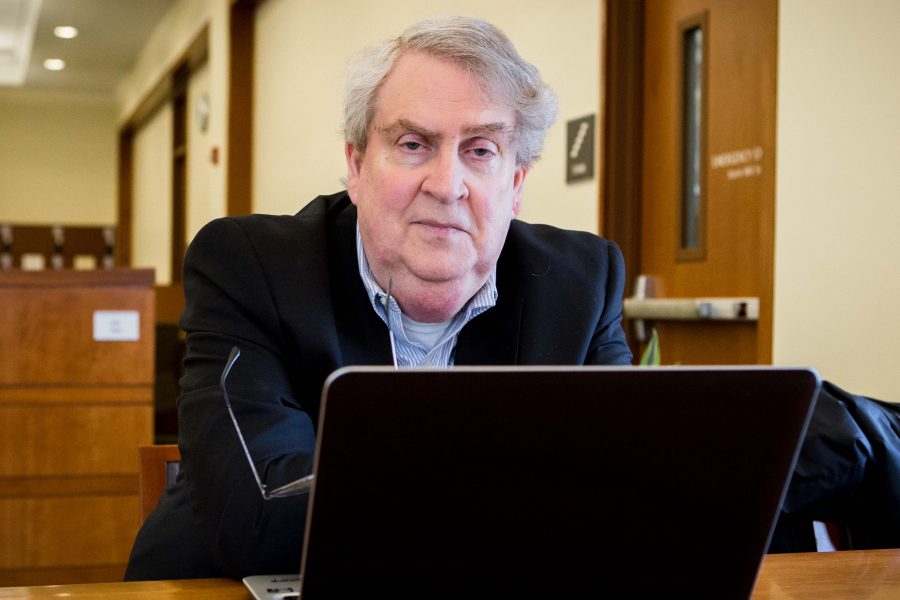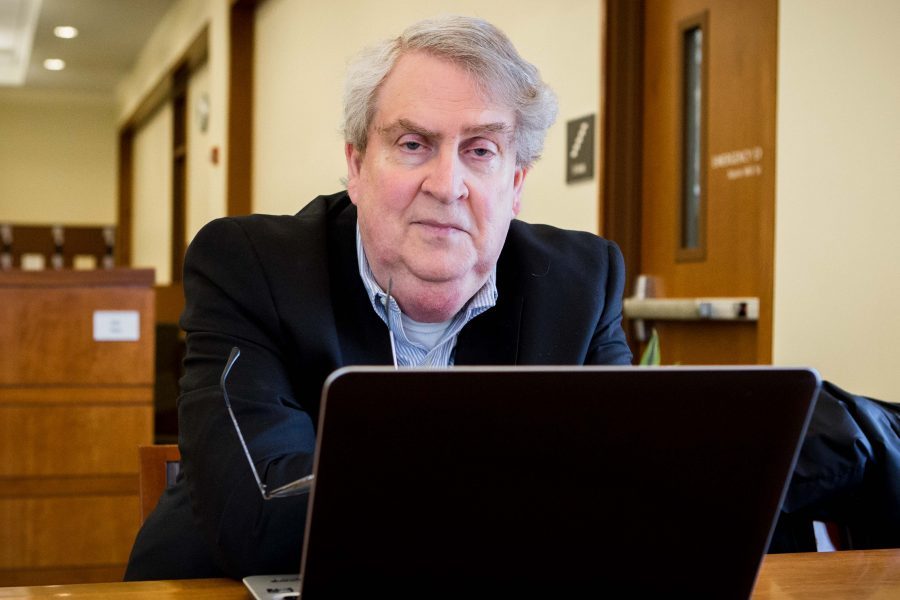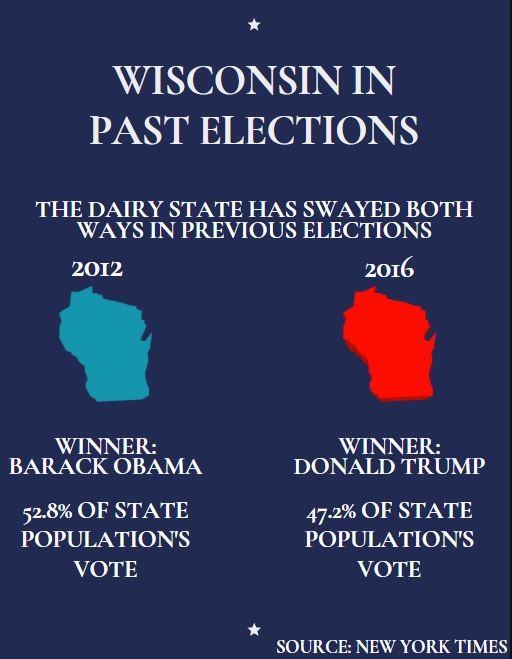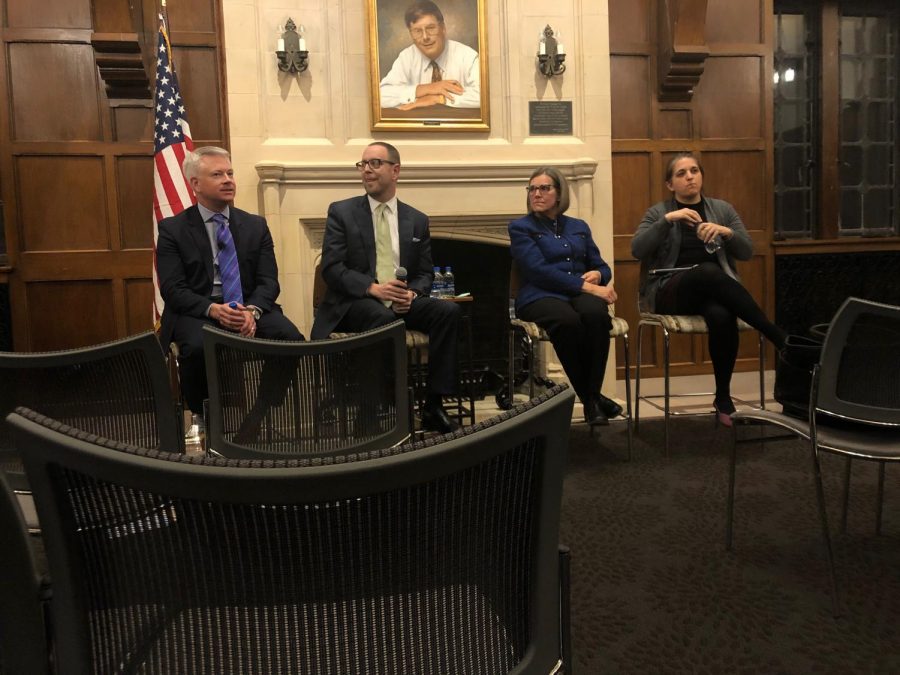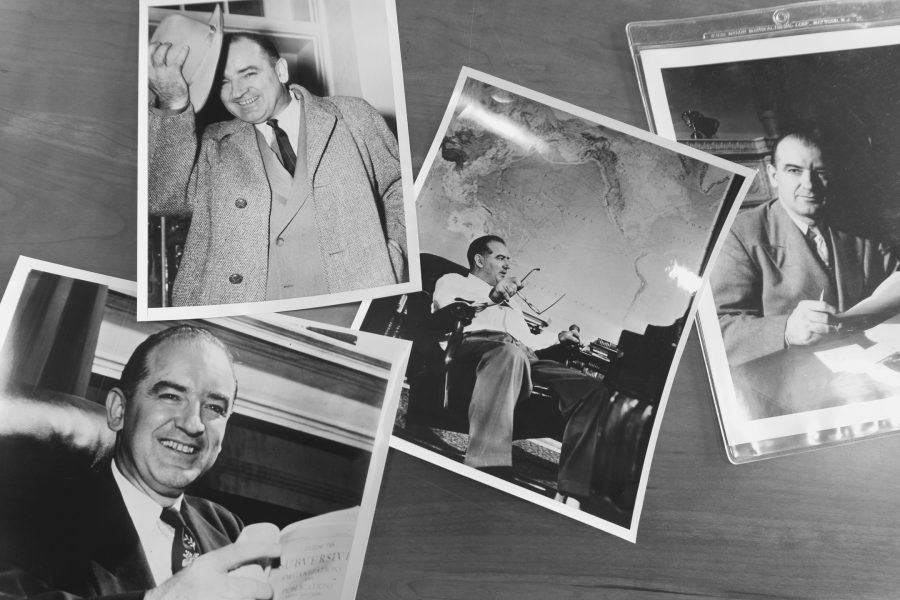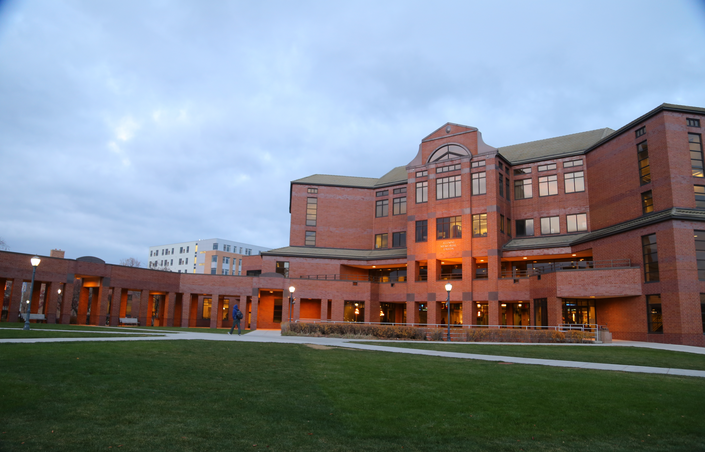The Wisconsin Supreme Court ruled today in favor of suspended Marquette University political science professor John McAdams, reversing and remanding the circuit court’s May 2017 decision in the case. The court heard arguments April 19.
The court ruled that Marquette violated McAdams’ contract and that McAdams be immediately reinstated by Marquette University. It remanded the case back to the circuit court to determine damages in the case, which will include backpay for the seven semesters McAdams spent on unpaid suspension.
“We conclude that the University breached the Contract by suspending Dr. McAdams for exercising his contractually protected right of academic freedom,” the court’s majority opinion said.
The full decision can be read here.
The case dates back to 2014, when McAdams was placed on suspension in 2015 for a 2014 blog post in which he named a graduate student teaching assistant who an undergraduate student said did not allow for discussion of gay marriage in an ethics class. McAdams linked the student teacher’s website in his post. The student teacher then began receiving hate mail and subsequently left Marquette because of the harassment.
The controversy, which garnered national attention, led to 2014 pickets on campus by the Westboro Baptist Church.
McAdams said he believes his dismissal was viewpoint discrimination and a violation of his contractually-promised academic freedom. University lawyer Ralph Weber said McAdams’ history of publishing controversial blogs proves it is not. McAdams had not been reprimanded for several prior incidents involving his blog, which he said served journalistic purposes.
In September 2015, a Faculty Hearing Committee met to assess the case. The committee concluded that Marquette abused its power by dismissing McAdams without prior recommendations from the FHC, but McAdams’ behavior ultimately warranted an unpaid suspension of no more than two semesters.
University President Michael Lovell accepted the FHC recommendation and attached requirements of his own. Lovell requested that, for McAdams to be reinstated, he had to express regret for the harm caused to the student teacher and privately apologize to the student teacher. McAdams refused and therefore remained suspended without pay.
McAdams filed a suit against Marquette in May 2016. He alleged the university violated his contract by denying him rights promised by the Faculty Statutes, which say dismissal cannot be used to “restrain faculty members in their exercise of academic freedom or other rights guaranteed them by the United States Constitution.”
The university argued that the dismissal was not a violation because it was not viewpoint-based, it was because he posted information about a student.
In deciding the case, the court first asked if McAdams’ blog post would be protected by academic freedom, which it deemed it was. It then asked if the university had had discretionary cause to act on the blog post regardless, which, in this situation, it ruled the university did not.
Here is more background on the case, with links included to all previous Wire coverage of the controversy and the case:
Wisconsin Supreme Court hear’s McAdams case arguments
Briefs filed for arguments in McAdams case
McAdams case reaches state’s supreme court
McAdams appeal decision forthcoming
Circuit judge rules in favor of Marquette over McAdams
- McAdams received a letter from the dean of Marquette’s College of Arts & Sciences, Richard Holz, in January 2015 notifying him that the administration planned to revoke his tenure and dismiss him from the faculty following controversy around the 2014 blog post. McAdams then filed a lawsuit against the university in 2016.
- Ralph Weber, Marquette’s lawyer, referred to McAdams’ post as “doxing,” or the intention to generate hostility toward a subject, and he said the post provided the tools needed for readers to take action against the student teacher.
- Rick Esenberg, McAdams’ lawyer, said the dismissal violated McAdams’ contract and that the student teacher didn’t leave the university because of the harassment, but because the attention gave the graduate student an opportunity to transfer to a university to which the student was previously denied admittance.
- A Circuit Court judge ruled in favor of Marquette in May 2017. That ruling has now been reversed.
This story was updated July 6 at 3 p.m.

